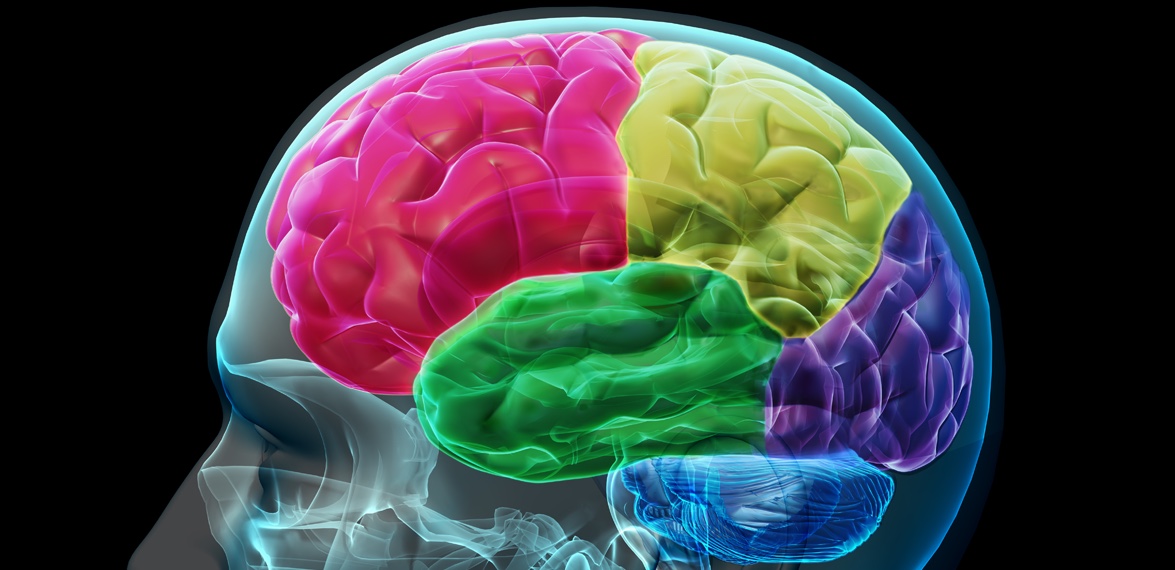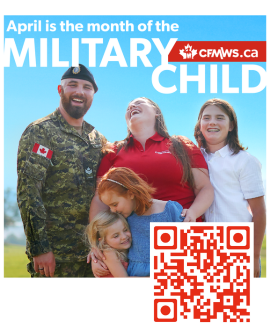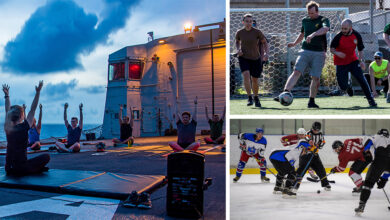Health and Wellness
Volunteers needed for BioTRAUMACAN study
Researchers at the IWK Health Centre and BIOTIC imaging centre are looking for current and former members of the Canadian Armed Forces to participate in a new study about PTSD.
BioTRAUMACAN is the first study on Magnetoencephalography (MEG) and PTSD in military members at the IWK.
“MEG is a very precise and non-invasive way for us to measure the magnetic field that develops when neurons fire in the brain. The IWK is one of only a handful of Canadian centres that has a MEG machine and we have been doing studies at the IWK using this technology for about 8 years,” says Patrick McGrath OC, PhD. Professor of Psychiatry, Dalhousie University and Scientist IWK Health Centre, co-principal investigator.
The goal of the study is to identify biomarkers that would help diagnose a patient with PTSD, track their response to intervention and predict who would benefit from certain treatment.
“A successful outcome from this project would have tremendous real-world value, particularly when it comes to personalizing treatments. The typical trial-and-error approach to finding a successful treatment often results in a lengthy road to recovery with an enormous impact on patients with PTSD, their families and the health care system. This study helps us build a more precise understanding of how PTSD is experienced and how we might help improve treatment planning,” says Maher Quraan, PhD. MEG Scientist and head of the IWK MEG laboratory, BIOTIC and IWK Health Centre, co-principal investigator.
The study has received a significant response from CAF members and veterans willing to volunteer. They are currently seeking only a few more to add to their Phase 1 group.
Researchers in the study meet with potential candidates to ensure they understand their involvement and to make sure there are no safety or ethical concerns with their participation. They then complete an online survey about how PTSD has impacted their lives, the kind of symptoms they experience as well as their life and military history.
The final step is to meet with participants at the IWK Health Centre in Halifax where the MEG lab is located to complete the scan.
“The scan is not invasive- people sit comfortably and complete a series of brief visual and memory tasks while being scanned. We check in with each volunteer before they go home in case they have questions,” says Lori Wozney, PhD. Senior Health Outcomes Scientist, Nova Scotia Health Authority, co-principal investigator.
The study is open to volunteers 18 years or older and must be a current or former member of the Canadian Armed Forces. Volunteers must also have a previous deployment on record.
For more information about the study, or to apply email bio[email protected] or call 902-470-7541.










